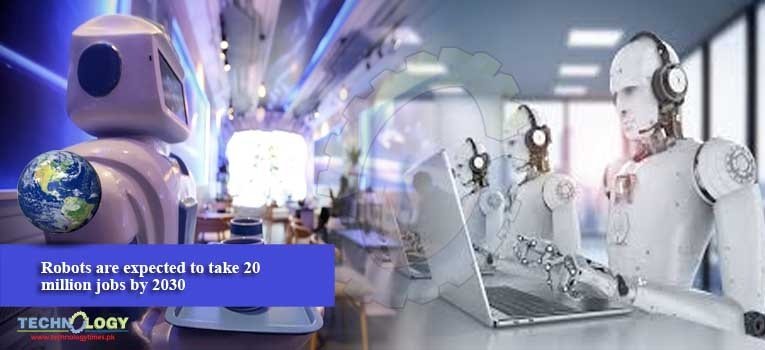Robots are expected to take 20 million manufacturing jobs worldwide by 2030, extending a trend of worsening social inequality while boosting overall economic output.

The study by Oxford Economics, a private British-based research and consulting firm, said job displacement from the rise of robots would not be evenly spread around the world, or within countries.
Robots have already taken over millions of manufacturing jobs and are now gaining in services, helped by advances in computer vision, speech recognition and machine learning, the study noted.
In lower-skilled regions, job losses will be twice as high as those in higher-skilled regions, even in the same country, the study concluded.
The research comes amid intense debate on the rise of technologies such as self-driving cars and trucks, robotic food preparation and automated factory and warehouse operations and their impact on employment.
Many analysts point out that automation has generally led to more job creation than it destroys, but that in recent years the trend has created a skills gap that leaves out many workers.
The researchers see a $5 trillion “robotics dividend” for the global economy by 2030 from higher productivity. “Robots will increasingly play in sectors including retail, healthcare, hospitality, and transport as well as construction and farming.”
The impact will be uneven depending on the country and regions within each country, the study said. “Automation will continue to drive regional polarization in many advanced economies and this trend will intensify as automation spreads to services.”